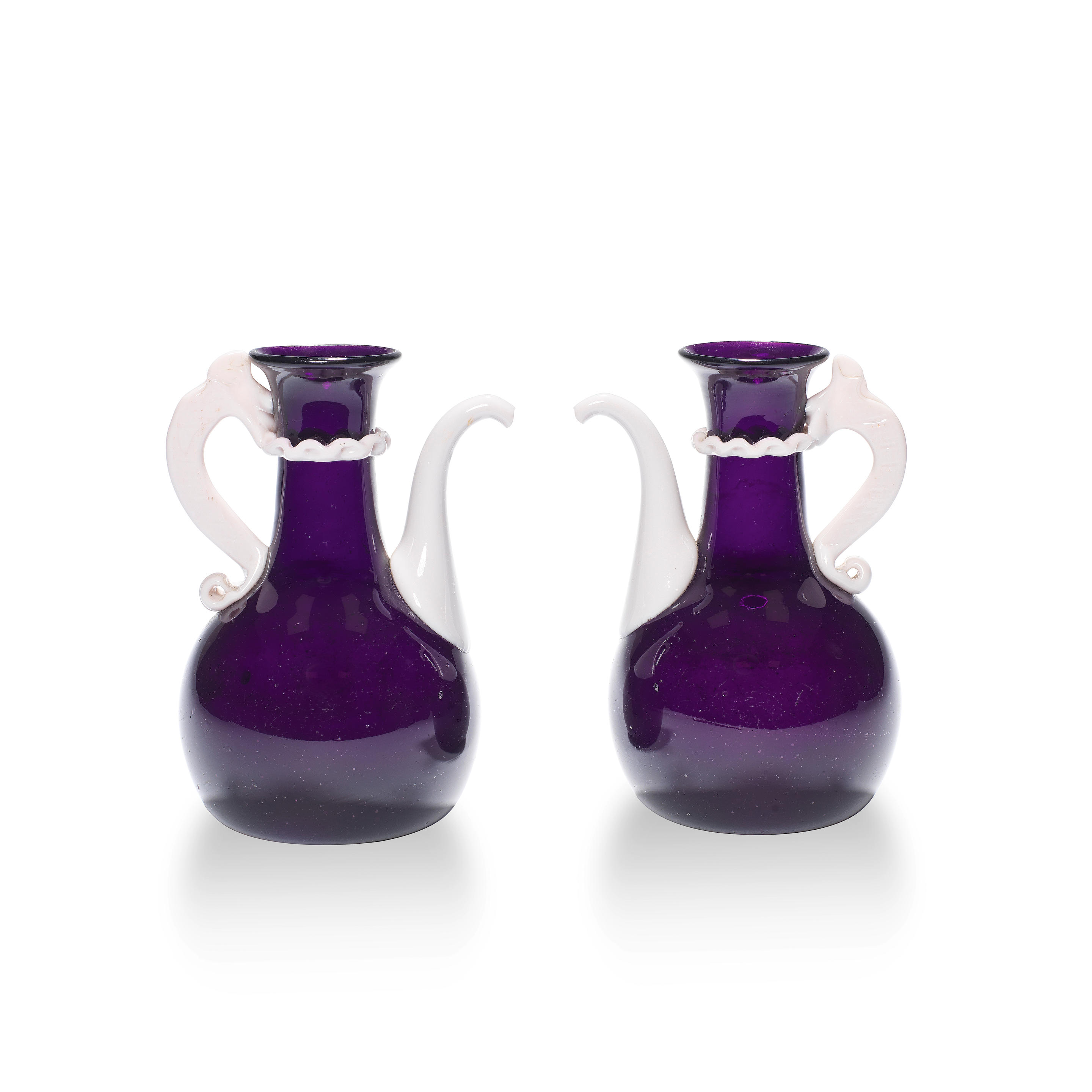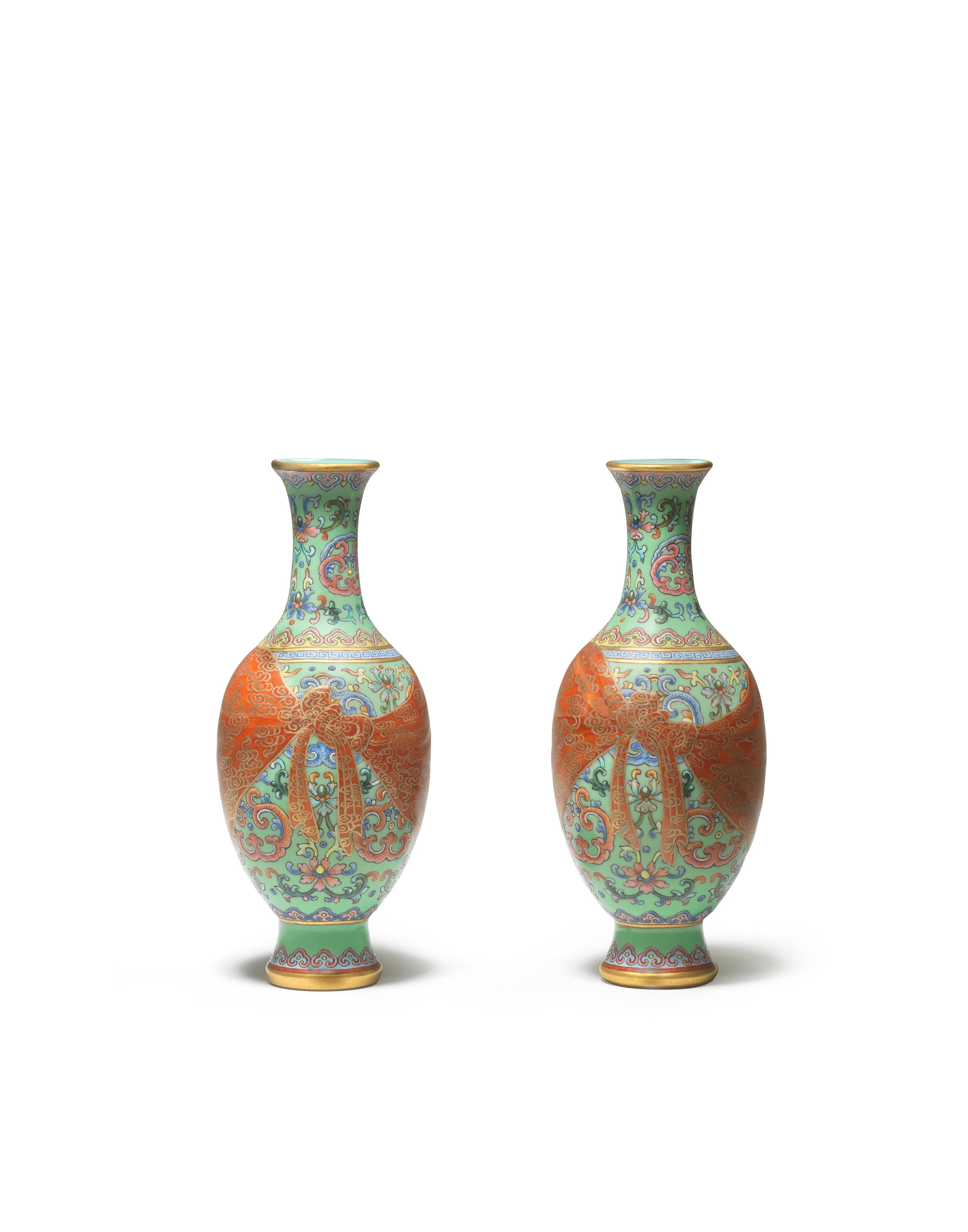According to "American Gunsmiths" by Frank Sellers, Thomas Annely worked in Trenton, New Jersey between 1770 and 1777, where he was an armorer to the Colony of New Jersey. Later, he worked in Philadelphia, Pennsylvania between 1797 and 1798, where he was making contract pistols. This pair dates to the time period between 1770 and 1777 when Annely was working in New Jersey. The pistols are in the French style and have French style iron mounts, possibly imported from France. The round smoothbore steel barrels have faceted breeches and tapered top flats with small iron sights near the muzzles. The undersides of the breeches are stamped with a "TA" cartouche for maker Thomas Annely. The flat locks have beveled edges and are unmarked, probably made by Annely. Iron furniture in the French style with full sideplates and full stirrup pommel caps. The wood is butternut (white walnut), which is an American wood from a now extinct species. A letter from Christensen Wood Identification accompanies these pistols and confirms from a tested sliver that they are stocked in butternut, which is "white walnut" a wood only found in America. Wooden ramrods, one original and one period, but replaced. CONDITION: Barrels and locks retain an even brown patina. Locks are in original flintlock configuration, one mainspring is weak. Furniture retains a matching brown patina. Stocks show a dark surface with some scattered marks and flaws from age. A very early and well-made pair of American pistols by a well-known maker. PROVENANCE: Pictured in Warren Moore's book "Weapons of the American Revolution". Name Value Accessories Barrel Length 9-3/8", Both Caliber/Bore .65 Smoothbore, Both FFL Status Antique Manufacturer Thomas Annely Model Officer Paperwork Wood Analysis Certificate, Photos Serial Number NSN
According to "American Gunsmiths" by Frank Sellers, Thomas Annely worked in Trenton, New Jersey between 1770 and 1777, where he was an armorer to the Colony of New Jersey. Later, he worked in Philadelphia, Pennsylvania between 1797 and 1798, where he was making contract pistols. This pair dates to the time period between 1770 and 1777 when Annely was working in New Jersey. The pistols are in the French style and have French style iron mounts, possibly imported from France. The round smoothbore steel barrels have faceted breeches and tapered top flats with small iron sights near the muzzles. The undersides of the breeches are stamped with a "TA" cartouche for maker Thomas Annely. The flat locks have beveled edges and are unmarked, probably made by Annely. Iron furniture in the French style with full sideplates and full stirrup pommel caps. The wood is butternut (white walnut), which is an American wood from a now extinct species. A letter from Christensen Wood Identification accompanies these pistols and confirms from a tested sliver that they are stocked in butternut, which is "white walnut" a wood only found in America. Wooden ramrods, one original and one period, but replaced. CONDITION: Barrels and locks retain an even brown patina. Locks are in original flintlock configuration, one mainspring is weak. Furniture retains a matching brown patina. Stocks show a dark surface with some scattered marks and flaws from age. A very early and well-made pair of American pistols by a well-known maker. PROVENANCE: Pictured in Warren Moore's book "Weapons of the American Revolution". Name Value Accessories Barrel Length 9-3/8", Both Caliber/Bore .65 Smoothbore, Both FFL Status Antique Manufacturer Thomas Annely Model Officer Paperwork Wood Analysis Certificate, Photos Serial Number NSN







.jpg)

/930/1214930.jpg)



.jpg)

Try LotSearch and its premium features for 7 days - without any costs!
Be notified automatically about new items in upcoming auctions.
Create an alert